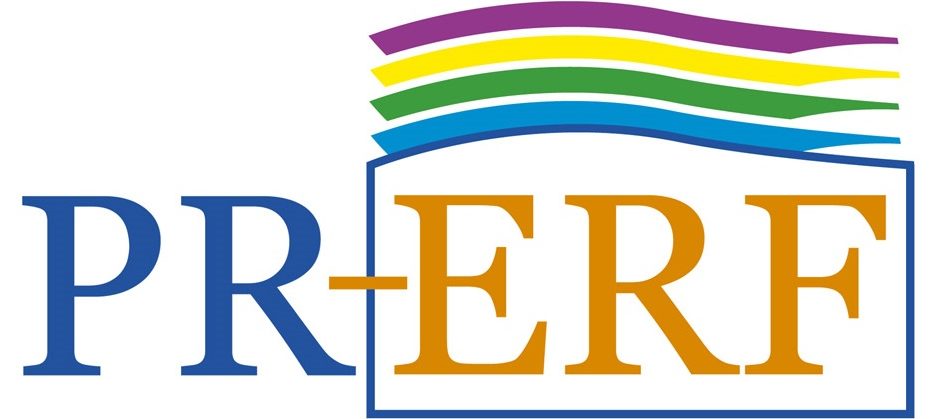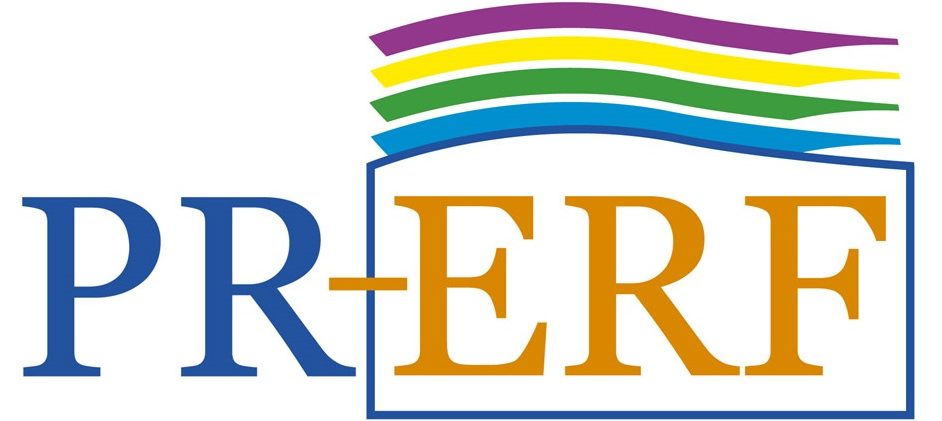
The European Reference Framework (ERF, 2007) identifies and defines, for the first time at the European level, the Key Competences (KC) that all citizens require for their personal fulfillment, social inclusion, active citizenship and employability in our knowledge-based society. The acquisition of KCs is of particular importance in VET to facilitate individual pathways from VET to constantly changing labour market.
However, today a focus in VET programmes is on technical knowledge and skills rather than on KCs. Due to 2010 Joint Report on Education and Training: “implementation of ERF is more advanced at the level of general school education; it has been less successful in generating reforms in VET/ adult education”. The consequence is that many trainees enter VET programmes without basic KCs which are needed to successfully follow and complete the training.
The proposed project aims to develop holistic methodology for recognition and development of ERF KCs as a package of Knowledge, Skills and Attitudes that all individuals need to acquire through CVET for personal fulfillment, development, inclusion and employment.
The methodology is based on the product of Cyprus Leonardo da Vinci EQLearn project, namely methodology for recognition and development of ERF KCs in initial VET for integration of low-skilled adults. The training curricula and materials developed in EQLearn correspond to basic levels of the European Qualification Framework (EQF) up to level 3.
The proposed project will further develop the EQLearn product for CVET programmes, which correspond to EQF levels 4-5 by:
- Interactive training curricula and methodological tools for development of 8 ERF competences in CVET in one sector identified in research phase. The curricula and pedagogical material will be tested by all partners in one sector but they will be transferable to CVET programmes in other sectors.
- Assessment tool for validation of students level and gaps to required EQF level on entry and also students results. This makes KCs acquired in CVET programmes transferable and recognizable in all EU countries.
- E-learning platform.
- Training for trainers’ material.
PR-ERF methodology can be used in 2 ways:
- By trainers for recognition and development of KCs in CVET, especially for (re)integration of unemployed learners.
- By students of CVET programmes for self-development regarding KCs to become more competitive on labour market.
Proposed project offers a total solution outlined in the needs analysis, namely “the implementation of ERF for generating reforms in VET”. Moreover, the project contributes to the objective of LLL with focus on EU 2020 strategy: the need for comprehensive, coherent and concerted LLL strategies involves, in particular, ensuring that all citizens are equipped with the key competences that are necessary for successful life in a knowledge based society.

